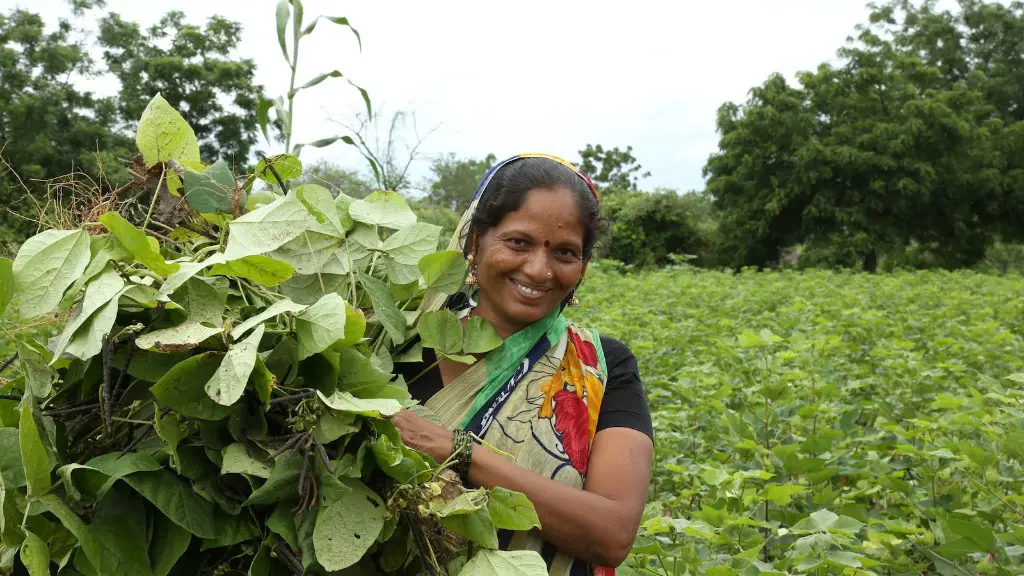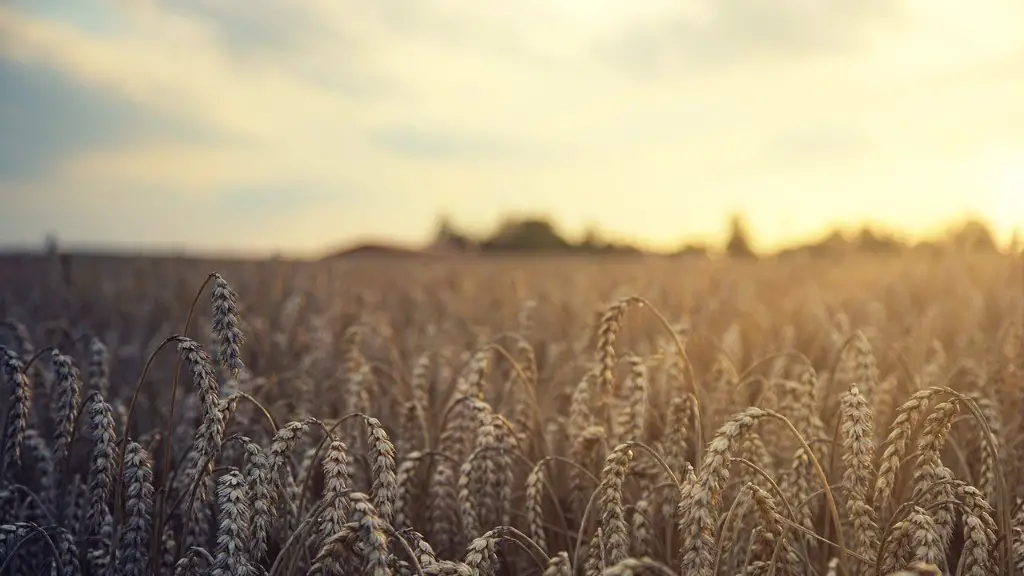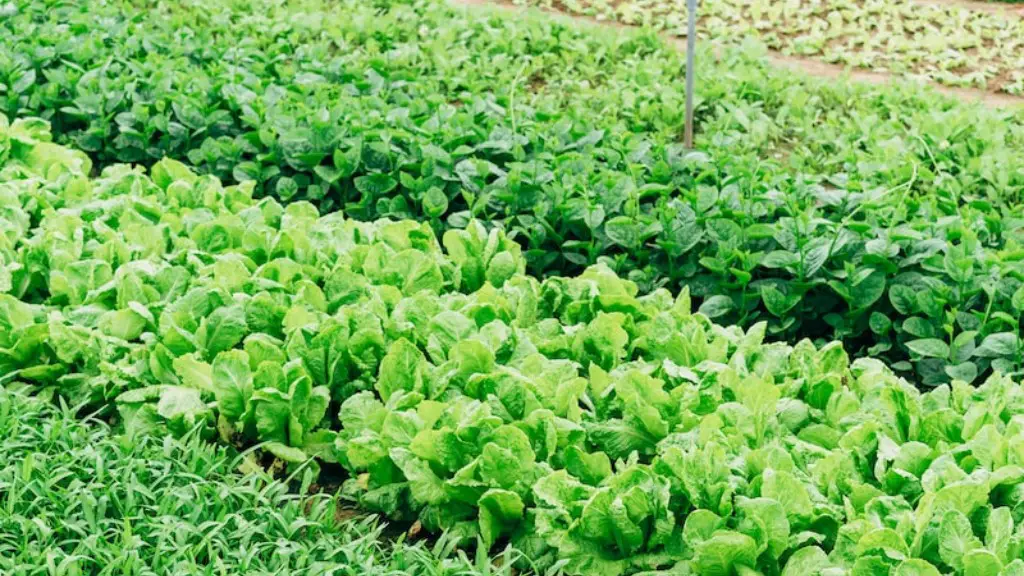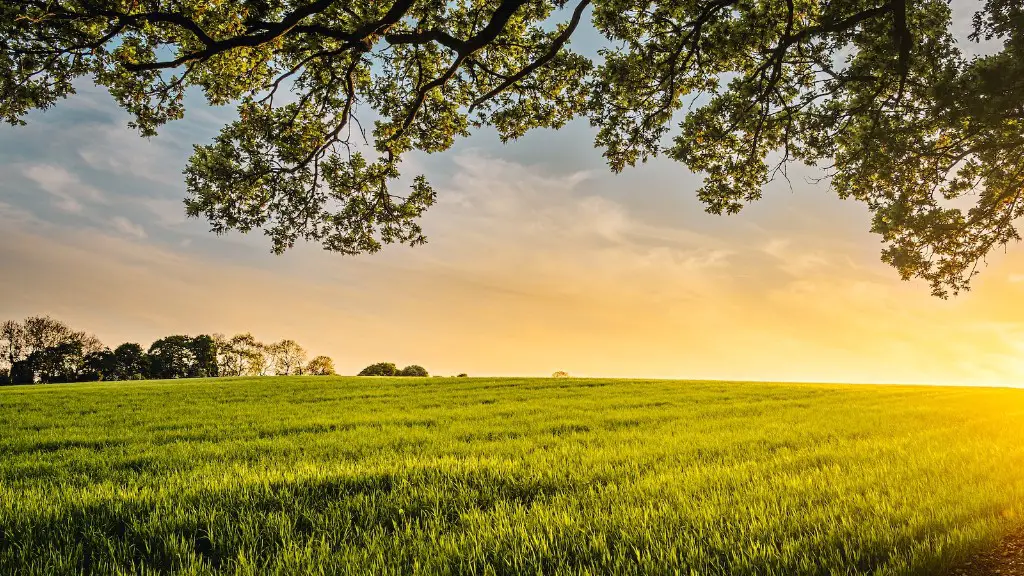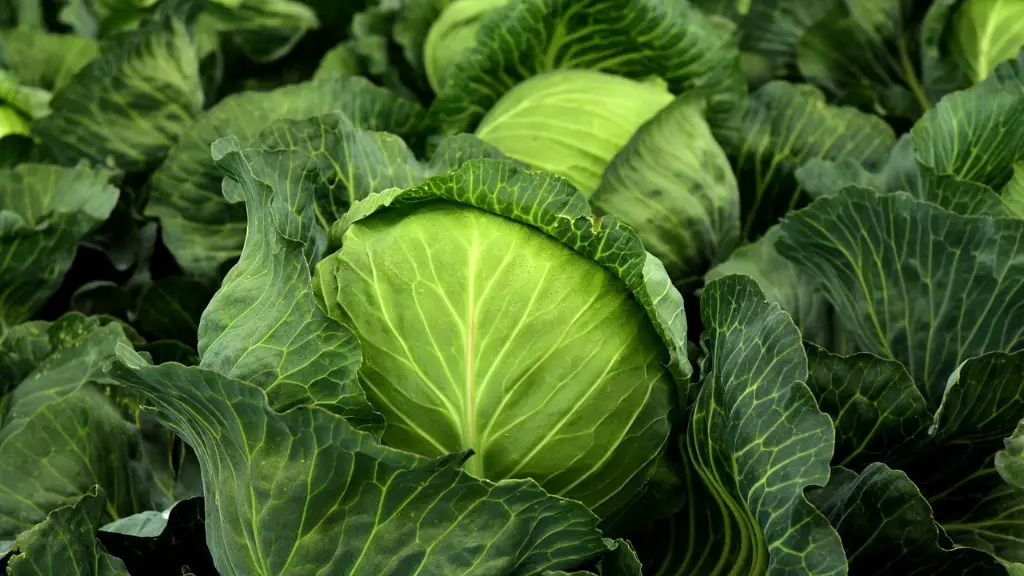The term “sustainable agriculture” has been defined in many ways, but the central principle is creating systems of production that protect the natural resources upon which agriculture depends while providing adequate food, fiber, and energy for an ever-increasing population.
The challenge of sustainable agriculture is to find ways of producing food that are both environmentally sound and profitable for farmers. It is a challenge that is becoming increasingly important as the world population grows and the demand for food increases. The world’s population is projected to reach 9.1 billion by 2050, and the demand for food is expected to increase by 70 percent. To meet this demand, agriculture will need to become more efficient and sustainable.
There are many reasons why sustainable agriculture is important to our future. First, it is essential for the environment. Agriculture is a major source of pollution, accounting for 70 percent of water pollution and 50 percent of land degradation. Sustainable agriculture practices can help reduce these impacts.
Second, sustainable agriculture is important for the economy. The agricultural sector is a major contributor to the economy, accounting for 10 percent of GDP in developed countries and up to 50 percent in developing countries. Sustainable agriculture practices can help make farming more efficient and reduce the costs of production.
Third
There are a number of reasons why sustainable agriculture is important to our future. First, unsustainable agricultural practices are a major contributor to climate change. Second, unsustainable agriculture is a major source of water pollution. Third, unsustainable agriculture contributes to soil erosion and loss of biodiversity. Finally, unsustainable agriculture is not economically sustainable in the long term.
What do we need to do to make agriculture sustainable for the future?
Sustainable agriculture practices are those that are environmentally friendly and help to conserve natural resources. Some sustainable agriculture practices include rotating crops, planting cover crops and perennials, reducing or eliminating tillage, and applying integrated pest management (IPM). Other sustainable practices include integrating livestock and crops, adopting agroforestry practices, and managing whole systems and landscapes.
When agricultural operations are sustainably managed, they can preserve and restore critical habitats, help protect watersheds, and improve soil health and water quality. WWF identifies and implements better management practices for agriculture. We work with farmers, ranchers, and other landowners to adopt these practices, which can include using less water, reducing chemical inputs, and planting native species that require less water and provide habitat for pollinators and other wildlife.
How can sustainable agriculture help feed the world in 2050
There are many ways to reduce food loss and waste, such as:
-Improving communication and coordination among different actors in the food system
-Investing in infrastructure and technology to reduce losses during production, storage, transportation and distribution
-Improving food safety and quality control procedures
-Educating consumers about proper storage and handling of food, and about the importance of reducing food waste
Sustainable agriculture is a major key in preserving the earth’s resources while still being beneficial to the environment. It helps to maintain soil quality, reduce erosion, and preserve water. This type of agriculture is extremely important in today’s world and future generations.
What are the three main goals of sustainable agriculture?
Sustainable agriculture is an approach to producing food, fiber, or other plant and animal products that minimizes negative environmental impacts while promoting positive social and economic outcomes. A key principle of sustainable agriculture is that it should be regenerative, meaning that it should improve the resources it uses, rather than depleting them.
There are many different ways to practice sustainable agriculture, and farmers and ranchers are constantly innovating new methods. Some common sustainable agriculture practices include using cover crops to improve soil health, planting trees to provide shade and windbreaks, and using rotational grazing to mimic the natural patterns of grazing animals.
Sustainable agriculture is not only good for the environment, but also for the farmers and ranchers who practice it. Sustainable agriculture can improve profitability by reducing inputs costs, improving soil health, and increasing yields. It can also help farmers and ranchers build more resilient operations that are better able to withstand extreme weather events, pests, and other challenges. And, by promoting social and environmental justice, sustainable agriculture can help ensure that all people have access to nutritious food and a healthy environment.
It is important to have a balance of all three core elements to have sustainable development. They are all interconnected and important for individuals and societies. If one element is off balance, it can throw the whole system off.
What are 3 reasons why agriculture is important?
Agriculture is important for a number of reasons. It is the main source of raw materials for industry, it is important to international trade, it plays a big role in a nation’s revenue, it provides employment, it is crucial to a country’s development, it can help heal the environment, and it goes hand-in-hand with war.
Our farm is committed to sustainable practices that help protect our environment. We grow a diversity of plants that are more resilient to pests, diseases, and drought. Our farm is also cooperative, incorporating plant and animal production together while also providing a healthy environment for wildlife, pollinators, and people. These practices help us create a more sustainable farm that can be enjoyed by everyone.
What is the importance of agriculture to the society
Agriculture is vital to the overall health of a country’s economy. It is an important part of any nation’s economic structure and gives job opportunities to a huge section of the people, in addition to providing food and raw materials.
The application of automation and precision farming techniques in agriculture can help to make farming more efficient and effective. The use of robots, drones, and autonomous tractors can help to reduce labor costs and increase production efficiency. The use of precision farming methods can help to reduce wastage of resources, such as water, fertilizers, and pesticides, and help to improve crop yields.
How will we sustainably feed the future world population?
A pathway to feeding the growing population:
Governments will need to take action to ensure everyone gets equal access to food, but through actions like reducing food waste and meat consumption in your own life, you can contribute to a sustainable future for the planet and its growing population, too.
By reducing food waste and meat consumption, we can help to ensure that there is enough food for everyone on the planet. We can also help to reduce the impact of agriculture on the environment, and make sure that future generations can enjoy a sustainable planet.
A new study has found that it is possible to feed 10 billion people on Earth sustainably. This is good news for those who have been worried about overpopulation and its effects on the planet. The study shows that with some changes in how we produce food, we can provide enough for everyone without damaging the environment. This is a huge step forward in meeting the challenges of climate change and providing for the needs of a growing population.
Why does sustainable farming matter
Sustainable agriculture is important for many reasons. It helps to protect the environment, provides for animal welfare, and helps to ensure that there will be food for future generations. This approach to farming recognizes that the earth is a limited resource and that we must take care of it if we want it to continue to provide for us. Sustainable agriculture is an important part of creating a sustainable future.
There are many different ways to manage soils sustainably, but some common practices include using organic amendments, minimizing tillage, and using cover crops. Each of these practices can help to improve soil health, and when used together, they can have an even greater impact.
Organic amendments, such as compost, can help to improve soil structure, aeration, and water-holding capacity. They can also add essential nutrients that plants need to thrive. cover crops can help to prevent erosion, build up organic matter, and improve soil fertility. Minimizing tillage can help to reduce soil compaction and improve nutrient retention.
When it comes to sustainable soil management, there are many different approaches that can be taken. The key is to find what works best for your particular situation and to always be mindful of the impact that your management practices have on the health of your soil.
What is sustainable agriculture advantages and disadvantages?
Sustainable agriculture has many benefits, but there are also some drawbacks. For example, it can take farmers longer to carry out their farm operations. But in the long run, sustainable agriculture can help reduce costs, control pollution, and promote social equality.
Sustainable farming methods help to reduce pollution and protect our environment. They also result in healthier food for us to eat. So it’s a win-win situation all around!
How will sustainability impact the future
If we want to ensure a future for all, we need to practice sustainability. This means making choices that will not deplete the resources of the Earth. We need to be mindful of the long-term impacts of our actions and make choices that will create a safe and livable future for all.
Sustainability is an important topic because it ensures that current generations can fulfill their needs without compromising the needs of future generations. It is important to find a balance between economic growth, environmental care and social well-being in order to achieve sustainability.
Final Words
There are a number of reasons why sustainable agriculture is important to our future. First, sustainable agriculture practices can help to mitigate and adapt to climate change. Agricultural activities are a major source of greenhouse gas emissions, so by reducing emissions from agriculture we can help to slow down climate change. In addition, sustainable agriculture practices can help to improve soil health, water quality, and biodiversity. Healthy soils are key to productive agricultural systems, and by adopting sustainable practices we can help to ensure that soils remain healthy in the face of climate change and other challenges. Finally, sustainable agriculture is important for food security. With the world’s population projected to grow to 9 billion by 2050, we will need to produce more food using fewer resources. Sustainable agriculture practices can help us to do this by increasing yields and reducing the environmental impact of agriculture.
Sustainable agriculture is important to our future because it helps us to protect our natural resources, conserve energy, and ensure that our food supply is safe and healthy.
